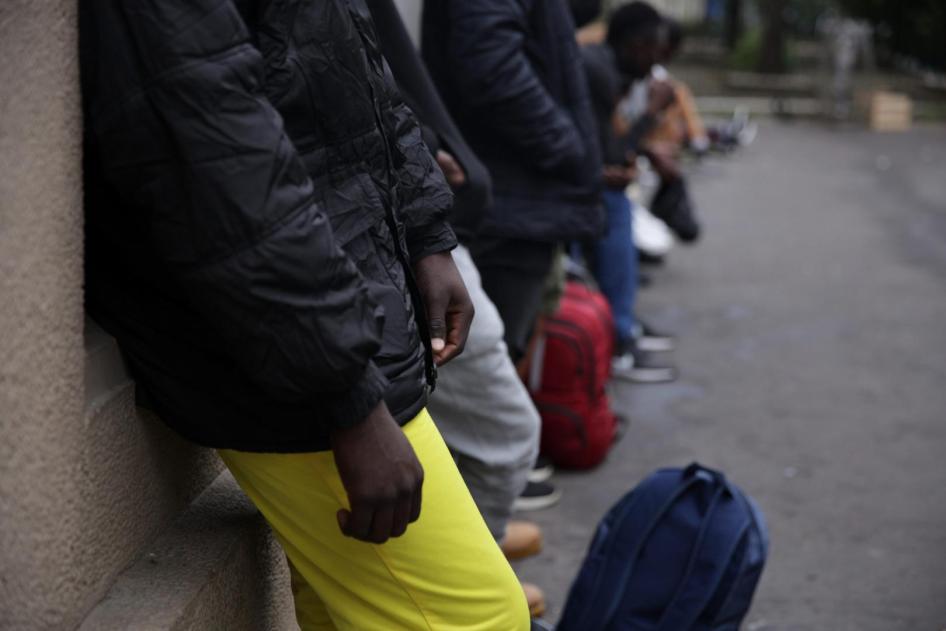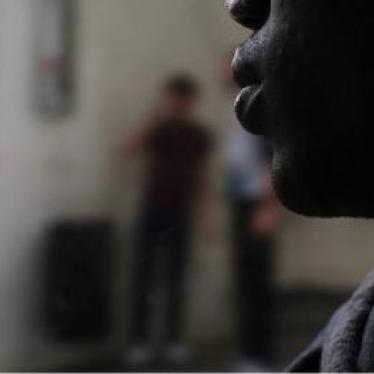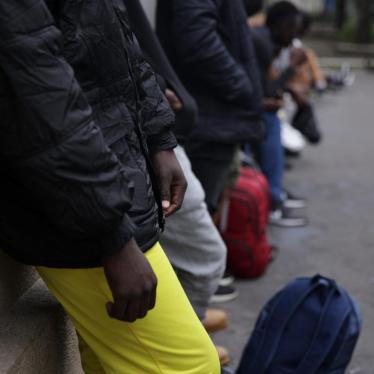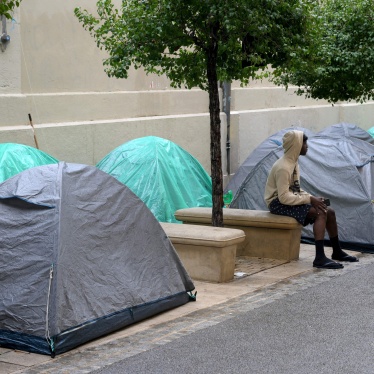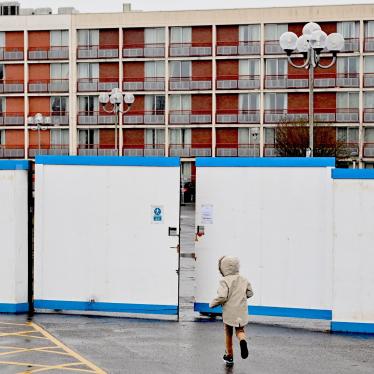France’s highest court recently ruled that controversial bone tests to assess the age of unaccompanied migrant children are flawed, but nevertheless comply with France’s Constitution.
The Constitutional Council acknowledged that such tests contain a “significant margin of error”. They have been the target of widespread criticism from medical experts and others over the validity of the tests.
The results of these medical exams can have a profound impact on migrant children – being misclassified as adults mean that migrant children are deprived of access to housing, education, healthcare and other services that children are entitled to.
The French Ombudsperson, the National Consultative Ethics Committee, the National Academy of Medicine, the UN Committee on the Rights of the Child and many associations have questioned the accuracy of the test. The margin of error can range from 18 months to 3 years, making bone tests like a lottery.
“The use of bone testing to determine the age of unaccompanied foreign minors is inappropriate and unreliable,” the European Committee of Social Rights concluded in June 2018.
The Constitutional Council called for “necessary safeguards so that minors are not incorrectly determined to be adults” and emphasized the requirement to protect the best interests of the child. But Human Rights Watch has documented how child protection authorities in Paris are failing to effectively implement rules and safeguards provided for in French and international regulations, resulting in some children being wrongly identified and inadequately protected. Flawed assessments, combined with imprecise bone tests ordered by judges, consistently result in misclassifications of children as adults.
The Constitutional Council’s reminder that “doubt must benefit the person’s status as a minor,” which is already provided for in the law, does not seem to be followed in practice. According to testimonies from children and lawyers that Human Rights Watch has collected, despite the wide margin of error, the result of bone testing is often used as an argument for rejecting the classification as a child.
If the French authorities wish to protect the best interests of the child, they should ensure that minority assessment procedures comply with international regulations, refrain from using such imprecise bone tests, and give unaccompanied children the benefit of the doubt.

